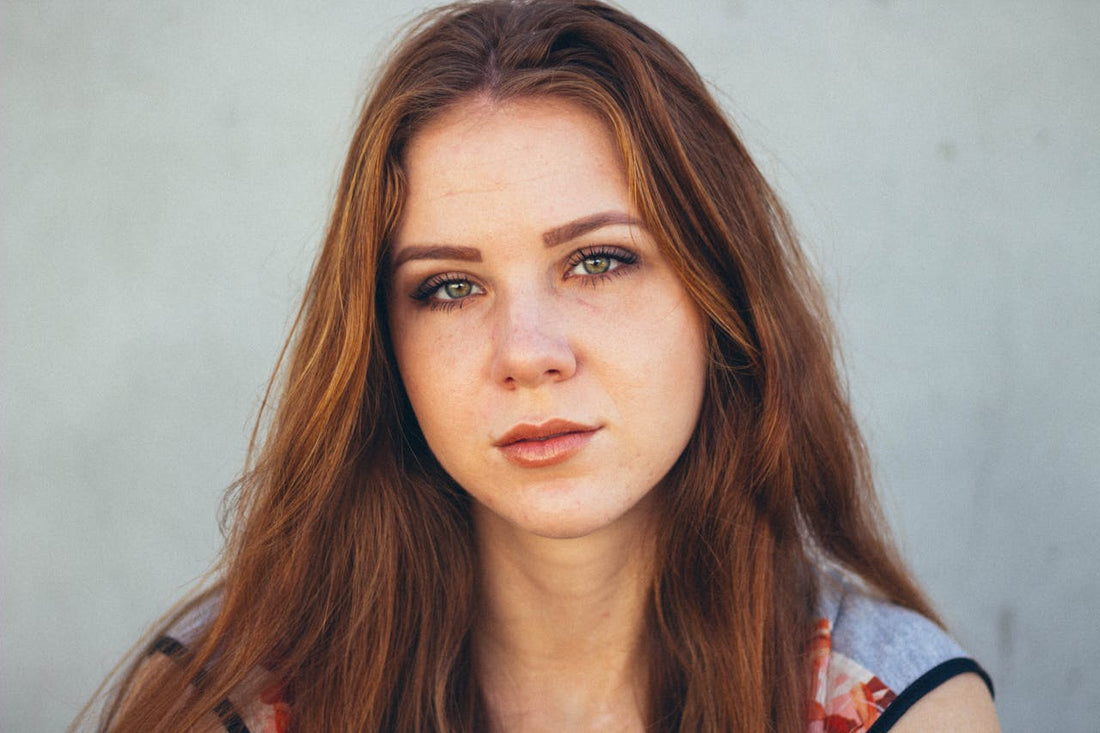
What If I Stop Using Tretinoin?
Share
Tretinoin is one of the most effective skincare ingredients for treating acne, hyperpigmentation, and signs of aging. Many people rely on it for smoother, clearer, and younger-looking skin. But what happens if you stop using tretinoin? Will your skin go back to how it was before? The answer depends on several factors, including your skin type, how long you used tretinoin, and how well you maintain your skincare routine after stopping. This article will explain what to expect when discontinuing tretinoin and how to keep your skin in its best condition even after stopping.
Effects of Stopping Tretinoin
Can You Stop Tretinoin Without Side Effects?
Slower Skin Cell Turnover
When you stop using tretinoin, the first noticeable change is the slowing down of skin cell turnover. Tretinoin speeds up this process, helping to shed dead skin cells faster and revealing fresh, new skin underneath. Without tretinoin, your skin will return to its natural cell renewal cycle, which is slower. This may lead to a buildup of dead skin cells, making your complexion appear dull and rough over time.
Acne and Clogged Pores
If you used tretinoin to treat acne, you might notice clogged pores becoming a problem again. The lack of accelerated cell turnover can cause breakouts to return, especially if acne was a persistent issue before starting tretinoin.
Increased Fine Lines and Wrinkles
Fine lines and wrinkles that appeared smoother with tretinoin may gradually become more noticeable. Tretinoin stimulates collagen production, which helps maintain skin elasticity and reduces wrinkles. When you stop using it, collagen production slows down, and signs of aging may reappear over time. However, this doesn't happen overnight. It takes months for the effects of reduced collagen production to show, so it's not an immediate reversal.
Hyperpigmentation and Dark Spots
If you were using tretinoin to fade hyperpigmentation, stopping it may result in dark spots reappearing or new ones forming more easily. Tretinoin helps reduce pigmentation by accelerating cell turnover and dispersing melanin more evenly. Without it, hyperpigmentation may take longer to fade, especially if you are exposed to the sun without proper protection.
Increased Skin Sensitivity
Another concern when stopping tretinoin is skin sensitivity. While using tretinoin, your skin might have adapted to increased exfoliation and become less prone to clogged pores and rough texture. Once you stop, your skin may become more reactive to environmental factors like pollution, UV rays, and harsh weather conditions. Some people experience mild irritation, while others find that their skin becomes dry and flaky, particularly if they were used to tretinoin’s exfoliating effect.
How to Maintain Healthy Skin After Stopping Tretinoin
Hydration and Moisturization
To minimize negative effects after stopping tretinoin, maintaining a good skincare routine is essential. Hydration is key—using a rich moisturizer can help prevent dryness and keep the skin barrier strong.
Gentle Exfoliation
Exfoliation should be continued, but in a gentler form, such as using mild chemical exfoliants like azelaic acid or glycolic acid.
Sun Protection
Sunscreen is non-negotiable. Since tretinoin makes the skin more sensitive to the sun, stopping it doesn't mean you can skip SPF. Continued sun protection helps prevent new hyperpigmentation and premature aging.
Gradual Transition to Alternatives
If you’re worried about losing the benefits of tretinoin but no longer want to use it daily, consider a gradual approach. Instead of stopping completely, reduce the frequency to a few times a week and incorporate other beneficial ingredients into your routine. Retinol is a milder alternative that provides similar benefits with less irritation. Azelaic acid can help with acne and pigmentation, while niacinamide is great for maintaining skin tone and reducing redness.
Soothing and Repairing Products
For those who stop tretinoin due to irritation or dryness, switching to hydrating and soothing products can make the transition easier. Look for creams containing ceramides, hyaluronic acid, and peptides to support skin health. If acne or pigmentation returns after stopping tretinoin, spot treatments with benzoyl peroxide, salicylic acid, or hydroquinone can help keep these issues under control.
Solution: Alternative Skincare Products at Skin Essential
If you stop tretinoin and notice significant changes in your skin, you might reconsider using it again or switching to a similar product that offers continued benefits. At Skin Essential, we offer a range of skincare products that help maintain smooth, clear, and youthful skin. Whether you're looking for azelaic acid, hydroquinone, or retinol-based treatments, we provide effective alternatives for those transitioning off tretinoin. Keeping your skincare routine consistent and well-balanced is the key to sustaining healthy skin, even if you decide to stop using tretinoin.
Conclusion: Should You Stop Tretinoin Completely?
Stopping tretinoin can lead to a slower skin renewal process, potential breakouts, increased pigmentation, and more visible signs of aging. However, with proper skincare maintenance and alternative treatments, you can continue to enjoy healthy, radiant skin. If you want to maintain results without tretinoin, explore our collection of high-quality skincare products at Skin Essential to find the perfect solution for your skin's needs.
